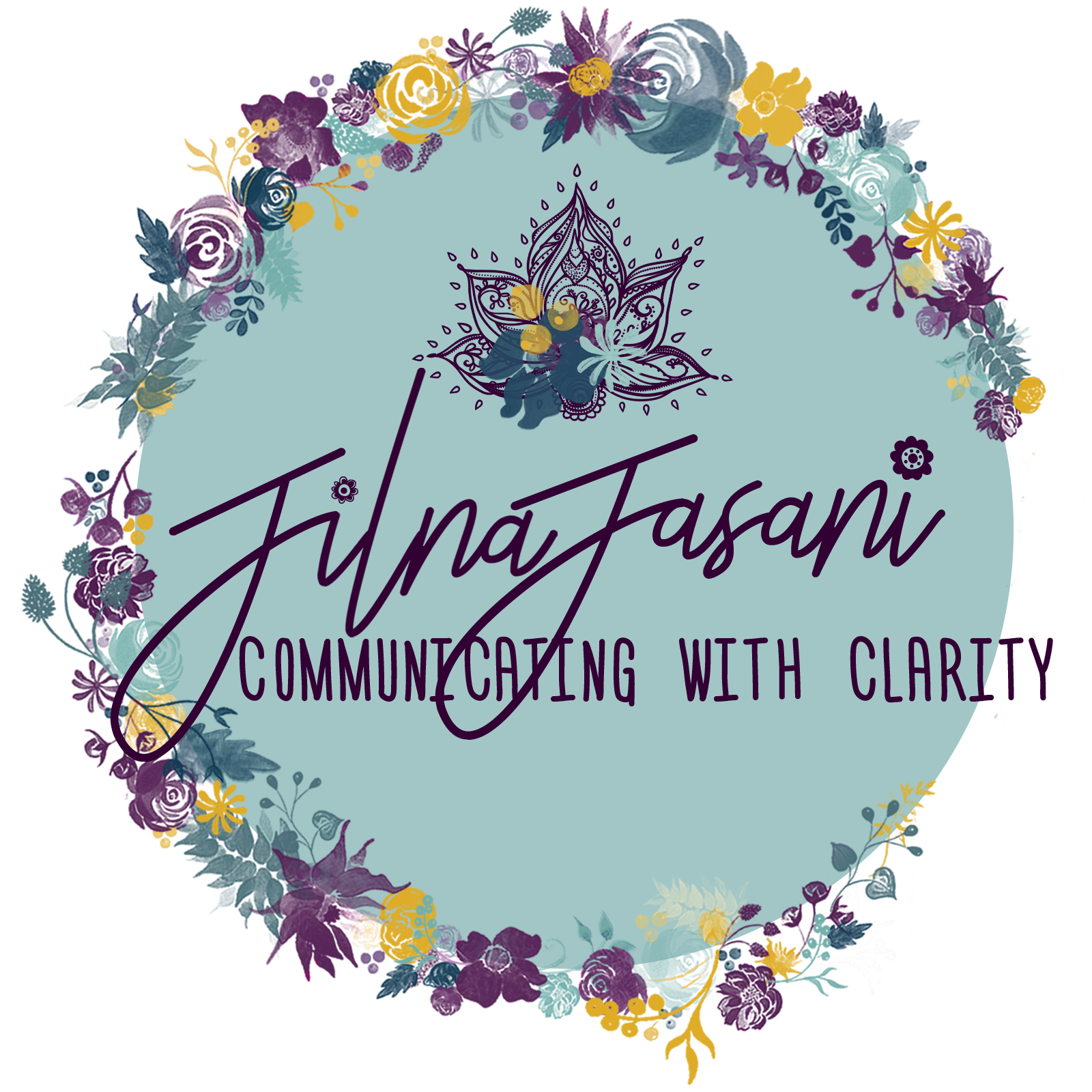
What’s Behind the Triggers?

The subconscious mind is connected to our heart.
Infants experience feelings through their subconscious mind. They have a natural need to connect with their parents or early caretakers.
Many of us have experienced a young child’s unconditional love, when we scream at them but they quickly forgive us, only wanting to connect and be validated again.
So what happens when they don’t feel validated?
For example, if by being triggered, we put our four-year-old into a time out because he pushed the baby, what do you suppose he felt?
Possibly sadness, shame, frustration, anger?
But what happens to this feeling? Where does it go?
Let’s be curious…
Has someone close to you ever invalidated you because they were triggered?
“Why do you always forget?”
“I’m so sick of you complaining.”
“You have no sense.”
Can you reflect back for a moment and see how it made you feel? Sad, angry, frustrated?
Did you experience thoughts like I’m so forgetful, I’m too much for them, or I’m stupid or strong bodily sensations like a racing heart, brain fog, or stomachaches?
If this resonates with you, what you’re experiencing is a trapped feeling, or trigger, of not being heard.
Similarly, when our young children experience a situation that constricts their self-expression, they will feel misunderstood.
Young children speak in a language of feelings. Their limited language makes it hard for them to express their needs.
This constriction leaves the child feeling unheard, invalidated, and not enough, which results in sadness, anger, or frustration, ammunition waiting for the next trigger.
Let’s look at the example of the four-year-old and his baby brother again…
If the four-year-old is invalidated for pushing the baby with “You’re a bad boy,” he will feel unsafe and may feel sad or frustrated. This sadness or frustration will find itself a home in his body.
On the other hand, if he is heard and validated for his pain of the baby playing with his toy with “I hear you. I understand. You don’t want to share right now and you don’t have to,” his self-expression will be honored, and therefore his sadness and frustration will transform into feeling heard and validated.
As he grows and the invalidation continues, his natural self-expression will diminish and his heart will close, leaving the sadness and frustration to transform into other ways to cope and meet his natural need to connect with his parents. The ways he will learn how to cope and survive his environment are commonly referred to as egoic behaviors.
And each time he resorts to an egoic behavior to be validated, he will be triggered.
As adults, we experience triggers because our egos formed when there wasn’t space for us to self-express and feel what we needed to feel when we were young children.
The ego mind is our traumatized, thinking mind, the mind that is disconnected from our subconscious mind.
How is your ego mind protecting you?
Where is it overcompensating to ensure your holes aren’t uncovered?
Have you become an overachiever, a perfectionist, a beautiful person, a kind person, a people pleaser, a narcissistic person, or an angry person?

If you find yourself consistently resonating with my posts, and you’re ready to engage in a community with intention, then I invite you to engage in my Group Coaching Intensive. Your outlook and life will feel transformed after 3 months!
This program is not a traditional course, where a teacher teaches and a student learns. It is a conversation where I share my experiences of parenting and living through Dr. Shefali’s teachings of Conscious Parenting, and you will be able to ask questions that we can all discuss and explore together.
I may have feedback that will help you go deeper, or someone else from the group may share something that resonates with you. The purpose of this Group Coaching Intensive is to create community, so that we can enter into a journey of deeper connections and communication.
If you’re ready, I ask you to engage with intention.

